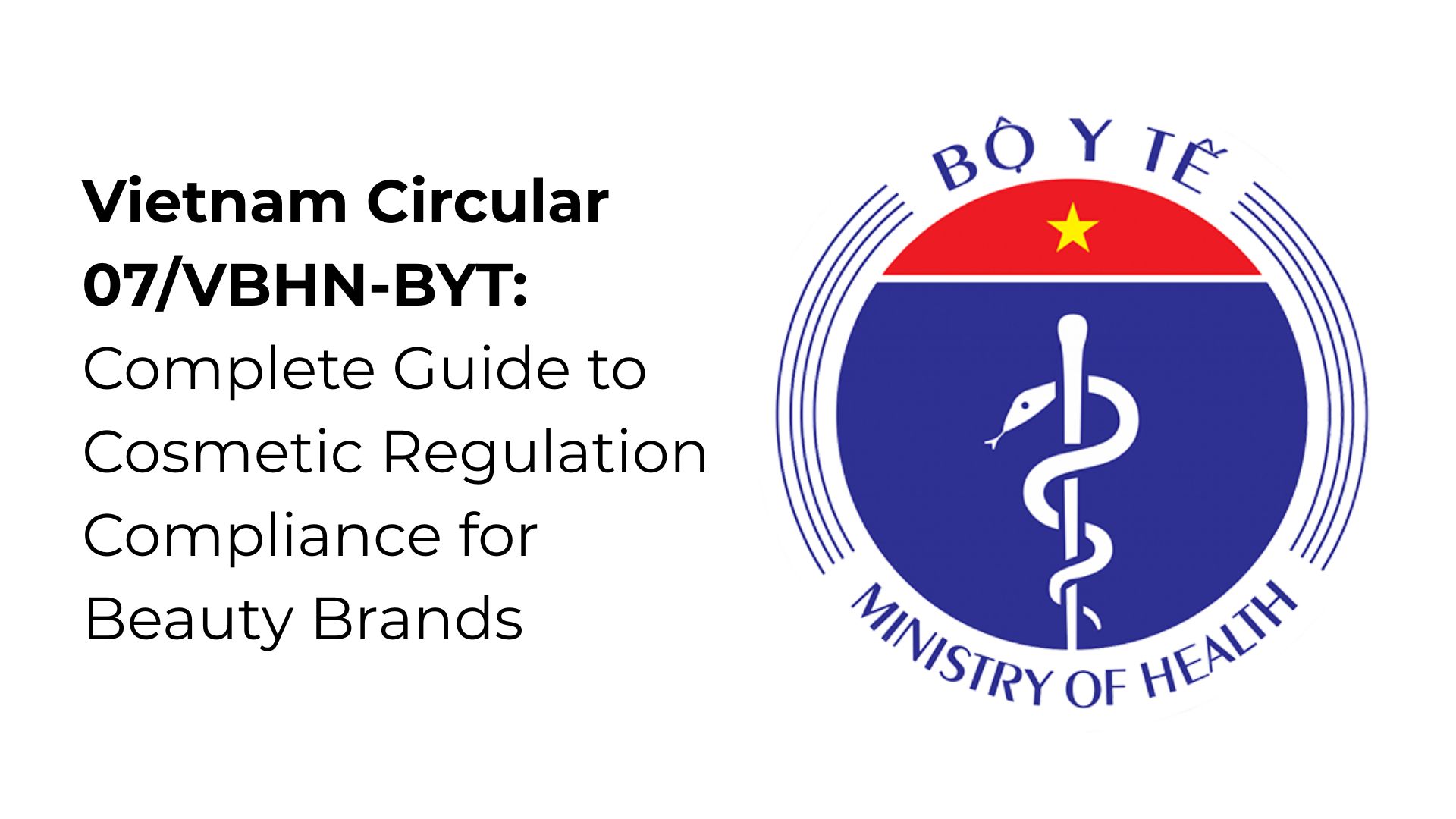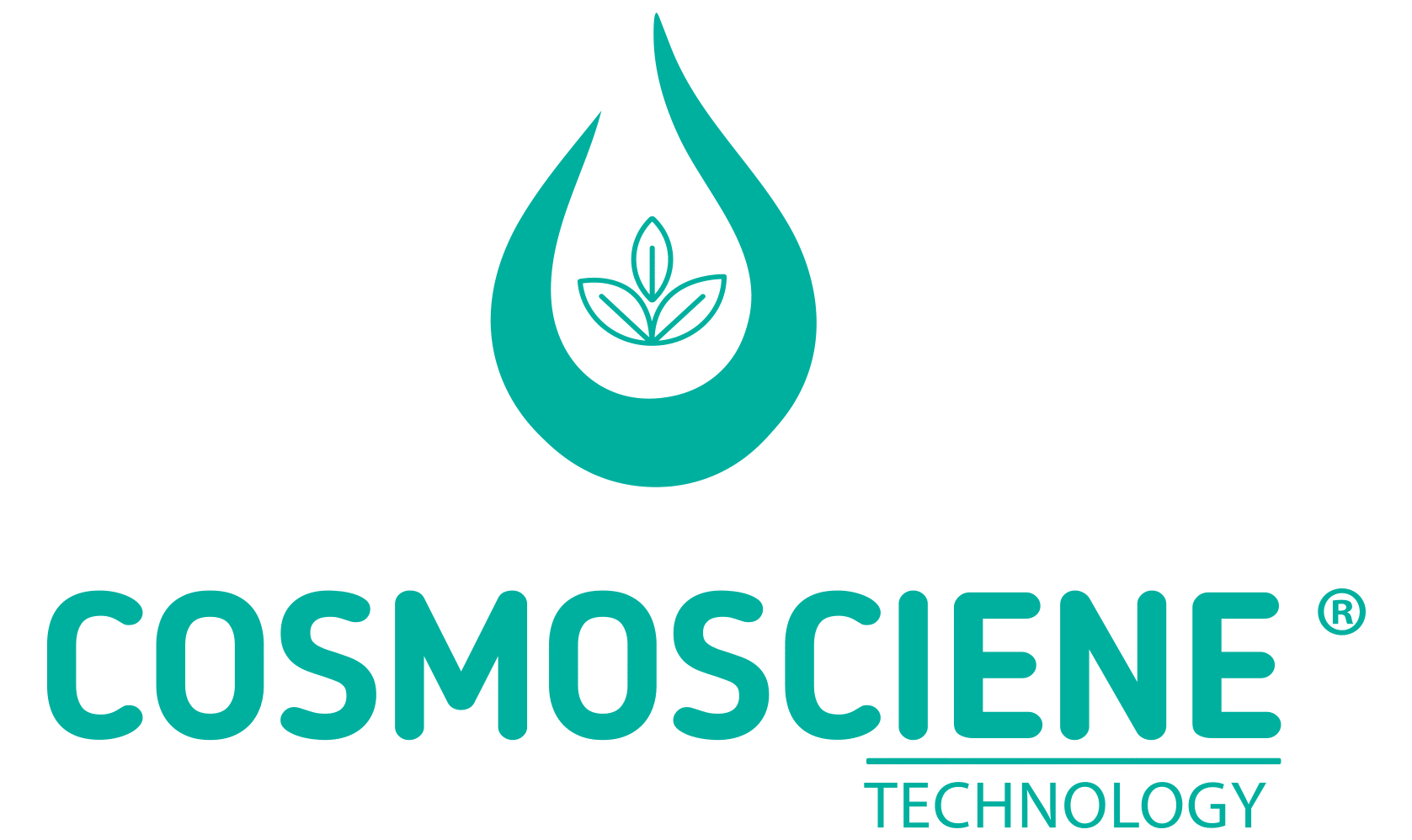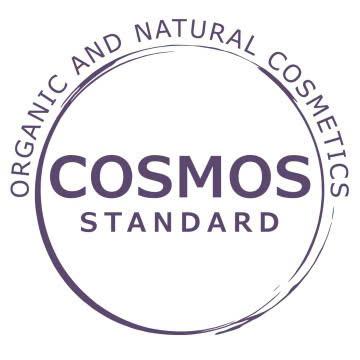Vietnam Circular 07/VBHN-BYT: Complete Guide to Cosmetic Regulation Compliance for Beauty Brands
Understanding Vietnam’s Cosmetic Regulatory Landscape
Vietnam’s cosmetic industry operates under a clear and evolving regulatory framework, primarily governed by Consolidated Circular 07/VBHN-BYT (issued by the Ministry of Health on March 16, 2021). This essential document, which unifies previous regulations like Circular 06/2011/TT-BYT and Circular 29/2020/TT-BYT, plays a pivotal role in ensuring product safety, market transparency, and alignment with ASEAN cosmetic standards.
For cosmetic brand owners, scientists, and beauty-tech startups, a thorough understanding of this circular is not just a matter of compliance, but a strategic imperative. It reflects Vietnam’s commitment to creating a fair and safe market, where Science underpins regulatory decisions, fostering Innovation while prioritizing Humanity through consumer protection.
Key Pillars of Cosmetic Management Under Circular 07
1. Scope and Application: Covering the Entire Ecosystem
Circular 07/VBHN-BYT applies comprehensively to all cosmetic products manufactured domestically and imported for circulation within Vietnam. Its broad scope covers critical aspects of cosmetic management, including:
- Product declaration procedures
- Product Information File (PIF) requirements
- Safety standards
- Labeling regulations
- Advertising guidelines
- Import and export processes
- Quality inspection
- Handling of violations
This all-encompassing approach ensures a consistent regulatory environment for every cosmetic product in the Vietnamese market.
2. Product Declaration and Certification: The Gateway to Market
Before any cosmetic product can be placed on the market, enterprises must submit a declaration dossier to the competent authority. This process is designed for efficiency:
Validity: Each declaration certificate is valid for 5 years from its issuance date. To continue market circulation, re-declaration is required before expiry.
Submission: Businesses must submit a declaration dossier in the prescribed form.
Processing Time: The authority issues a receipt number within 3 working days upon receiving a complete dossier.
Rectification Period: If the dossier is incomplete, the applicant is notified and given 5 working days to submit supplementary documents.

3. Product Information File (PIF): The Product’s Scientific Blueprint
The PIF is a mandatory comprehensive document for every cosmetic product, providing detailed information about its safety, quality, and efficacy. It must be kept at the address of the organization or individual responsible for placing the product on the market and presented upon request during inspections. The PIF is divided into four essential parts:
- Part 1: Administrative Documents and Product Summary: This section includes administrative records and a concise overview of the product. This part must be presented immediately upon request by inspection authorities.
- Part 2: Quality of Raw Materials: Detailed information on the quality and specifications of all ingredients.
- Part 3: Quality of the Finished Product: Comprehensive data on the finished product’s quality, including its formula, manufacturing details, and testing methods.
- Part 4: Safety and Efficacy: Assessment reports on the product’s safety for human health and substantiation of any efficacy claims.
For Parts 2, 3, and 4, if not immediately available or complete, they must be presented within 15 to 60 days from the inspection request date.
4. Safety Requirements and Quality Control: Prioritizing Consumer Well-being
Circular 07 rigorously enforces safety standards to protect consumers. Cosmetics must not cause harm when used correctly according to instructions and intended purpose. Key safety aspects include:
- Substance Limits: Compliance with strict limits for microbiological contamination, heavy metals (e.g., mercury, arsenic, lead), and adherence to the list of banned or restricted substances as per ASEAN Cosmetic Directive annexes.
- Post-Marketing Surveillance: Competent authorities conduct random post-marketing inspections to monitor product quality and safety once they are in circulation.
- Adverse Event Reporting: Critically, businesses are responsible for monitoring and reporting serious adverse events. In cases of serious adverse effects affecting life, a preliminary report must be submitted to the Drug Administration of Vietnam (Ministry of Health) within 7 days, followed by a detailed report within 8 days.
5. Labeling and Advertising: Ensuring Clarity and Truthfulness
The circular sets clear guidelines for product communication to prevent misleading consumers:
- Labeling: Labels must be clear, accurate, and not misleading. Mandatory information includes product name, function, usage instructions, full ingredient list (using INCI names), country of origin, name and address of the responsible organization, net weight, batch number, manufacturing date or expiry date, and safety warnings.
- Advertising: Advertisements must not imply that cosmetics are drugs, functional foods, or possess effects beyond scientific substantiation. Claims suggesting medical properties or disease treatment are strictly prohibited.
6. Violations and Penalties: Upholding Accountability
The circular outlines various violations and corresponding penalties to ensure compliance:
- Types of Violations: These include circulating counterfeit products, products without declaration, providing false information, and non-compliance with Good Manufacturing Practice (CGMP) standards.
- Penalties: Depending on the severity, violations can lead to the suspension of declaration acceptance for up to 6 months, product recalls, or even withdrawal of the declaration number for the product.
7. Validity and Transitional Provisions: Ensuring Continuity
Circular 07/VBHN-BYT became effective on February 15, 2021. Products declared under previous regulations (e.g., before March 10, 2008) remain valid until their respective expiry dates, ensuring a smooth transition for businesses already operating in the market.
Cosmosciene®’s View: Regulation as a Catalyst for Excellence
At Cosmosciene®, we believe that a robust regulatory framework like Circular 07/VBHN-BYT is fundamental to building a sustainable and trustworthy beauty industry. It embodies our core values:
- Science: By demanding rigorous safety assessments and scientific substantiation for claims, the circular promotes evidence-based product development.
- Innovation: Compliance challenges often drive innovation, encouraging the industry to adopt advanced testing methods, greener ingredients, and more transparent practices.
- Humanity: Ultimately, these regulations serve to protect consumers, ensuring they have access to safe, high-quality products that truly deliver on their promises.
We view compliance not as a burden, but as a commitment to excellence and a strategic advantage in the competitive Vietnamese cosmetic market.
Source Verification
For the full legal text and the most up-to-date amendments, you can access the official Consolidated Circular 07/VBHN-BYT directly from trusted legal repositories:
- Vietnamese Original (PDF): Available at THƯ VIỆN PHÁP LUẬT
https://thuvienphapluat.vn/van-ban/The-thao-Y-te/Van-ban-hop-nhat-7-VBHN-BYT-2021-Thong-tu-quan-ly-my-pham-470235.aspx
These links provide direct access to the primary source documents for Vietnam’s cosmetic management regulations, ensuring accuracy and compliance with the latest legal standards.
Interested in navigating Vietnam’s cosmetic regulations? Contact our regulatory experts at: Cosmosciene@gmail.com



